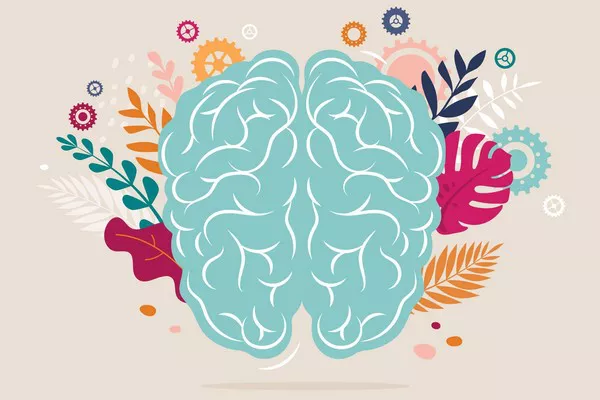FAQs
What are mood stabilizers for postpartum psychosis?
Mood stabilizers commonly used for postpartum psychosis include lithium, anticonvulsants like valproate or carbamazepine, and atypical antipsychotics such as risperidone or quetiapine. These medications help stabilize mood and manage psychotic symptoms effectively.
How do you treat psychosis and mania in the postpartum period?
Psychosis and mania in the postpartum period are typically treated with a combination of antipsychotic medications, mood stabilizers, and sometimes antidepressants. Hospitalization may be necessary for severe cases to ensure safety and provide intensive treatment and support.
Who is at highest risk for postpartum psychosis?
Women with a personal or family history of bipolar disorder or postpartum psychosis are at the highest risk. Other risk factors include experiencing a previous episode of postpartum psychosis, severe sleep deprivation, stressful life events, and complications during pregnancy or childbirth. Early detection and intervention are crucial in managing this condition.
Related topics:
- Prioritizing Mental Well-being: Importance of Taking a Mental Health Day
- Is L-Theanine Good for Anxiety? Exploring the Science Behind its Effectiveness
- Postpartum Anxiety: Navigating the Turbulent Waters of Motherhood


